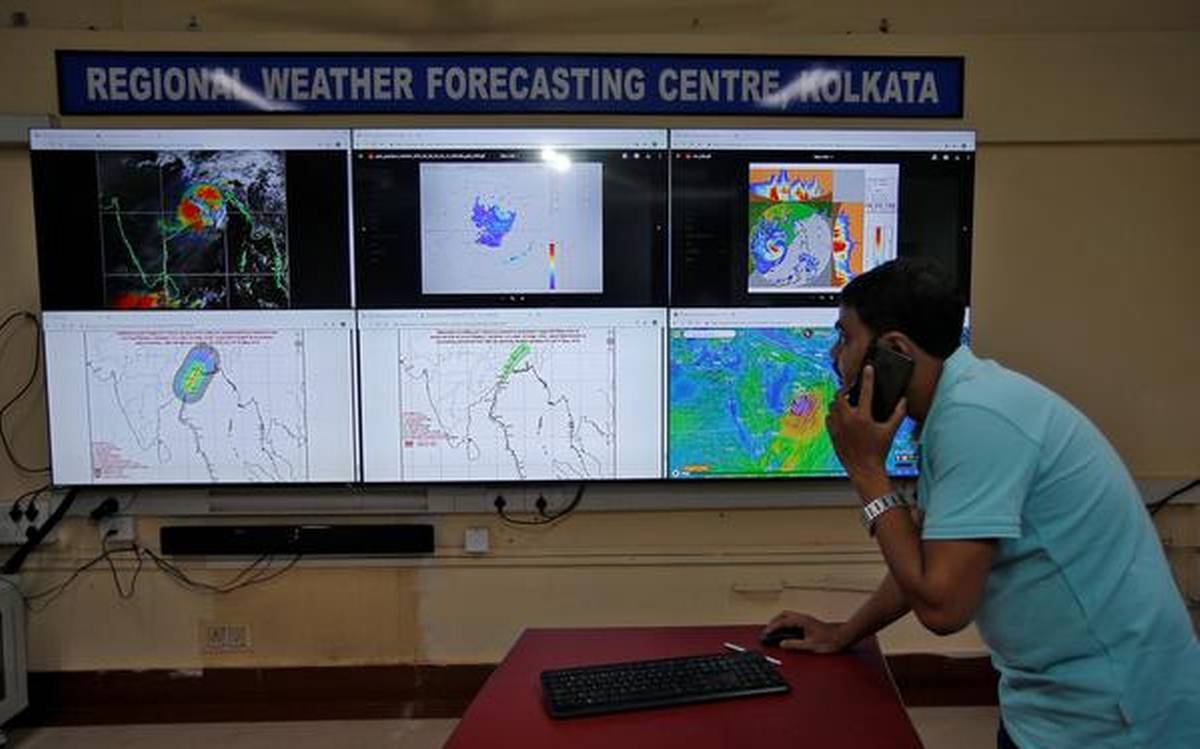Lauding India for 'zero casualty approach', UN praises IMD for pinpoint accuracy and minimising loss of life
New Delhi, May 4: With utmost dedication and alertness, the Indian Meteorological Department (IMD) was quick to tackle the natural disaster from getting worse. Asserted as the strongest and powerful cyclone to hit India in last 20 years, the cyclone hit areas of Andhra Pradesh, Odisha, West Bengal.

Commending the Indian Meteorological Department, the UN agency for disaster reduction appraised the “almost pinpoint accuracy” of early warnings that helped authorities conduct a well-targeted evacuation plan. This also helped in minimising the loss of life as extremely severe cyclonic storm Fani made landfall near the coastal city of Puri.
Mami Mizutori, the Special Representative of the United Nations Secretary-General (SRSG) for Disaster Risk Reduction, and head of the Geneva-based UN Office for Disaster Risk Reduction (UNISDR), said, “India’s zero casualty approach to managing extreme weather events is a major contribution to the implementation of the #SendaiFramework and the reduction of loss of life from such events.”
Highlighting the zero-casualty cyclone preparedness policy of the Indian government, a spokesperson for UNISDR said, “the almost pinpoint accuracy of the early warnings from the Indian Meteorological Department had enabled the authorities to conduct a well-targeted evacuation plan, which had involved moving more than one million people into storm shelters.”
UNISDR also tweeted about the advisory distributed by India’s National Disaster Management Authority and local authorities days before Fani made landfall in an effort to minimise loss of life and injury. Local authorities are accommodating evacuees in over 4,000 shelters, including 880 specially designed to withstand cyclones. Schools were shut, airports closed and transport suspended, and although damage to infrastructure was expected to be severe, there were no reports of any deaths.
UN Secretary-General Antonio Guterres’ spokesperson Stéphane Dujarric told reporters that the UN humanitarian agencies in India have met ahead of the storm’s arrival to take stock of preparedness measures. With Fani threatening devastation in India and Mozambique still reeling from Cyclone Idai, one of the worst tropical cyclones, UNICEF raised alarm about impact of climate change on children.
According to the World Metereological Organization (WMO), the forecast on Friday was that Cyclone Fani “would move north-northeast towards Bangladesh where there were concerns about the effects of potential coastal flooding.”
World Meteorological Organization spokesperson Clare Nullis said the impact the cyclone is expected to be less severe in areas such as Bangladesh’s Cox’s Bazar which is home to the world’s largest refugee camp, populated mainly by Rohingyas who have fled Myanmar.